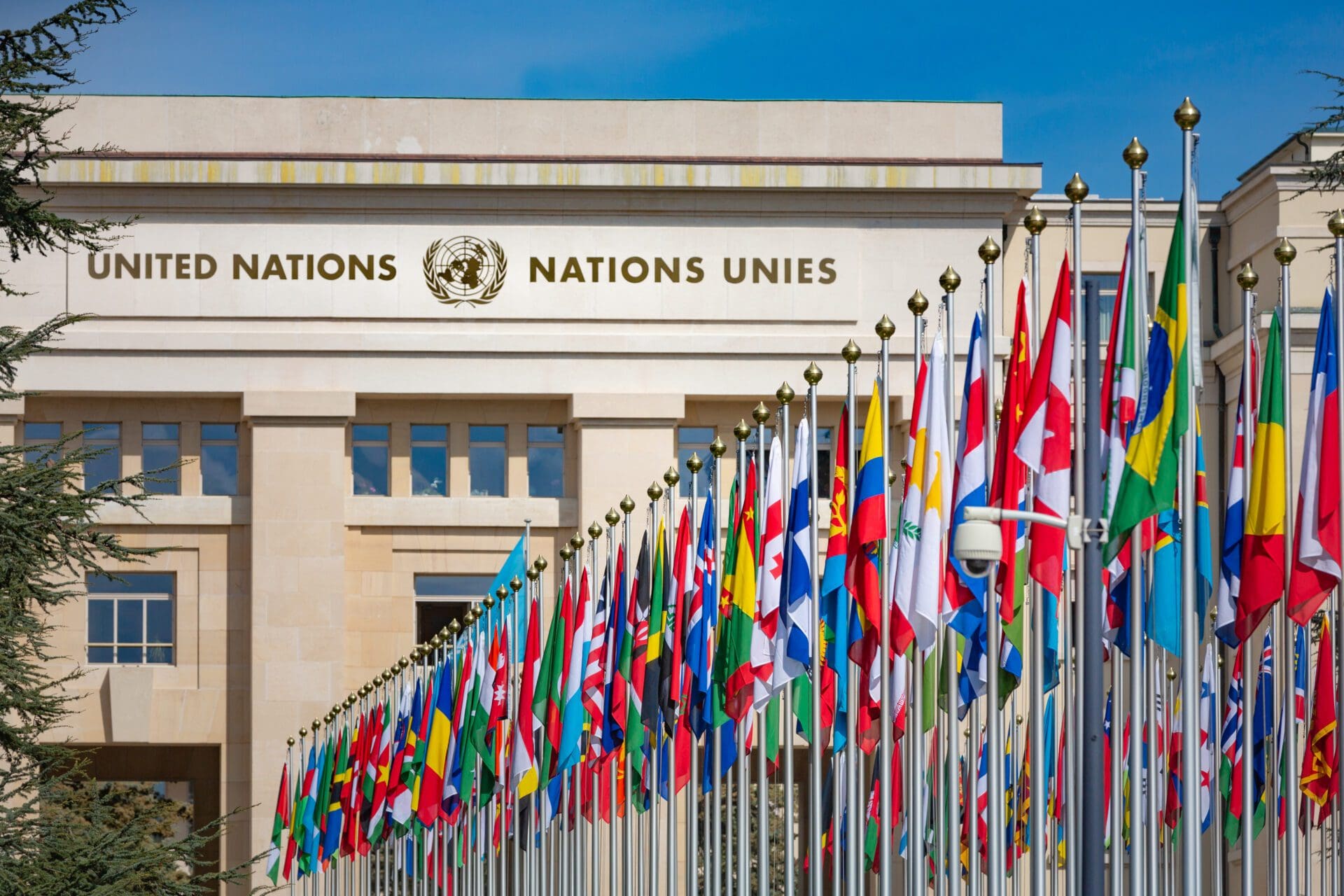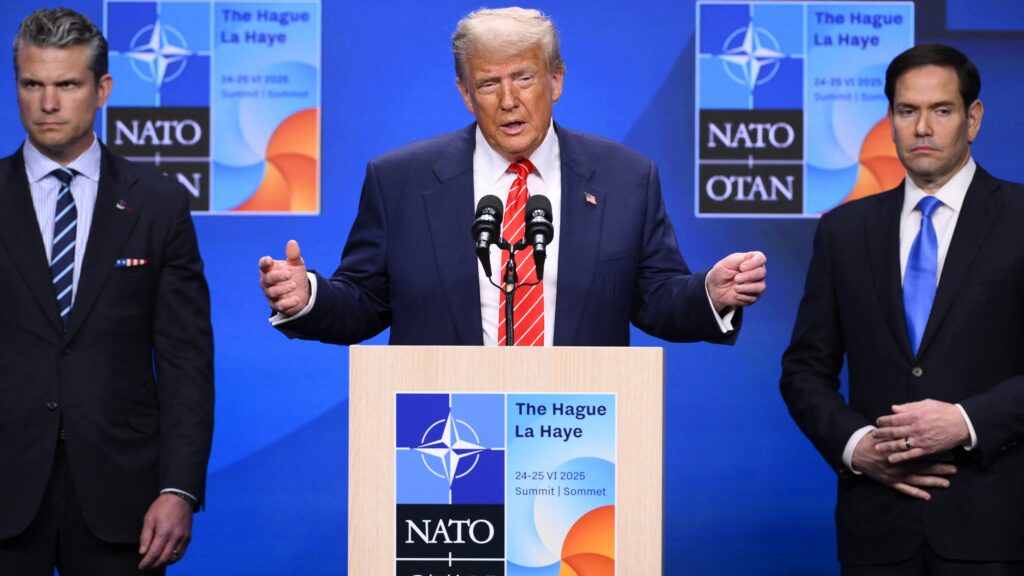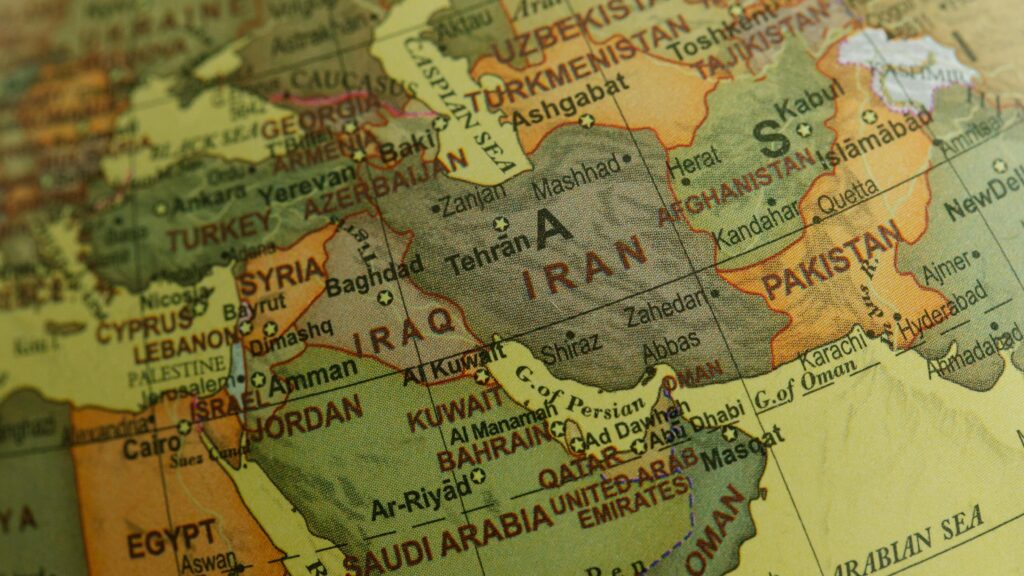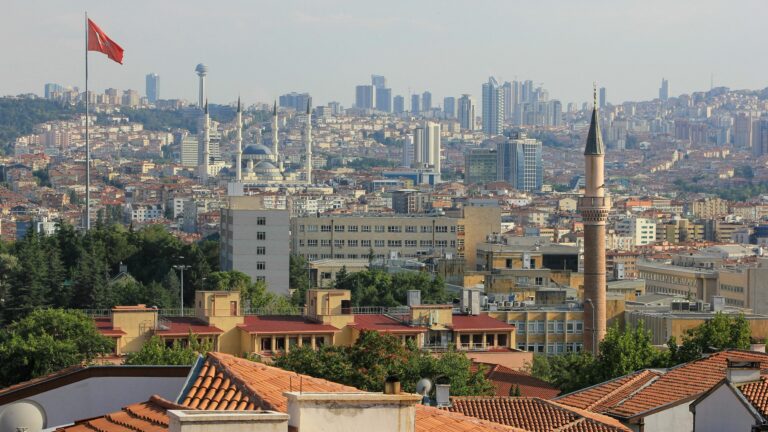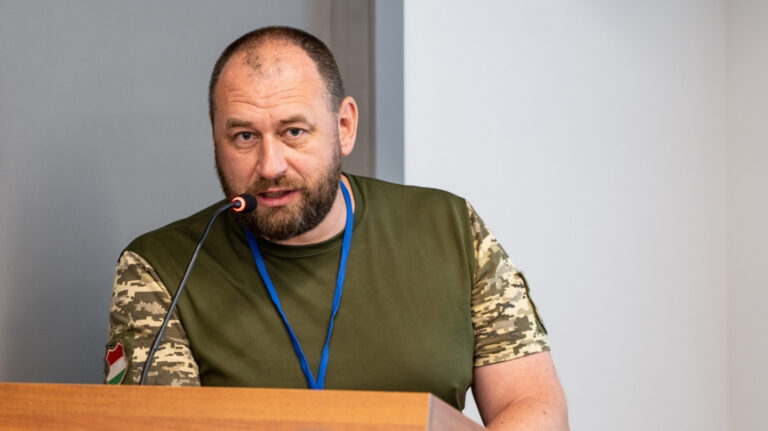After intense pressure from the United States, the United Kingdom, and the European Union, on Wednesday 143 nations voted in support of a critical UN resolution condemning Russia for claiming to have annexed Ukrainian land.
Russia, along with representatives of North Korea, Syria, Belarus, and Nicaragua, was one of the five nations who voted against the resolution.
This was a better outcome than many Western analysts had anticipated before the election. The vote came after one of Russia’s most significant incursions into Ukraine since its invasion in February, with devastating missile strikes on more than 20 Ukrainian cities, including Kyiv. Bangladesh, Iraq, and Morocco cast remarkable ‘yes’ votes on Wednesday, despite having either abstained or not voted on an earlier UN resolution in March.
While the majority of nations in every continent—the Americas, Asia, Africa, and Europe—voted to denounce Russia’s conduct, more than thirty countries either abstained or did not participate in the vote, including such large players as China and India. The relatively large number of abstentions illustrates that quite a few countries are reluctant to take sides for political and historical reason in a conflict that strained their food and energy supply. Overall, the vote was a major win for the West whose politicians had lobbied heavily for the resolution, arguing that Moscow is undermining basic UN principles by infringing on another country’s sovereignty.
‘You Might Come Next’, Pro-Resolution States Warned
‘Today, it’s Russia invading Ukraine, but tomorrow it may be another country whose sovereignty is attacked,’ US ambassador to the UN Linda Thomas-Greenfield said in her remarks before the vote. ‘You might be the one. You might come next. What would you anticipate from this room?’ UK Ambassador Barbara Woodward stated after the vote: ‘Russia has failed on the battlefield and at the UN…Russia will be made to answer.’ EU foreign policy chief Josep Borrell declared after the passing of the resolution that ‘The EU will support Ukraine for as long as it is necessary.’
Due to Russia’s recent veto of a similar UN Security Council resolution, the issue was transferred to the General Assembly, where the Kremlin has no veto power.
In his address to the General Assembly, Vassily Nebenzia, the Russian delegation’s representative, denounced Western ‘hypocrisy’ and reaffirmed Moscow’s annexation claims. According to Nebenzia, ‘Western powers are pursuing their own geopolitical objectives by proposing this draft and are once again attempting to utilise the members of the General Assembly as bit players.’ The assembly voted down Moscow’s request for a secret ballot before the vote on the resolution, which already indicated the most nations wanted to send a clear message to Russia. According to press reports, the United States and its allies had spent days lobbying other nations to support the resolution. Using ‘good old-fashioned diplomacy,’ an unnamed senior US diplomat said, ‘we’ve been working to appeal to governments on the merits of upholding the UN Charter.’
Hungary Denounces Annexation, but Stresses Need for Peace Talks
It perhaps came as a surprise for many Western countries who criticise Hungary stance in the conflict that the Hungary voted in favour of the resolution. Hungarian PM Viktor Orbán had met with Olaf Scholz on Monday and the two discussed ‘difficult topics’, as the PM put it, during a two-hour meeting. The meeting happened the same day Russia launched the missile strikes against Kyiv. As expected, Western nations, including Hungary, immediately condemned the attacks that killed and injured a large number of civilians.
The Hungarian government has condemned the Russian aggression against Ukraine in no uncertain terms but has also been a consistent advocate of an immediate ceasefire and peace talks, offering several times to be a mediator in the conflict. The escalation of the conflict by Russia has prompted the need for EU countries to work more closely together, so it is no surprise that Hungary joined the pro-resolution bloc in the UN. This is in no contradiction with the Hungarian government’s calls for peace, to put a stop to the war’s ongoing toll on human lives.
Related Articles:

